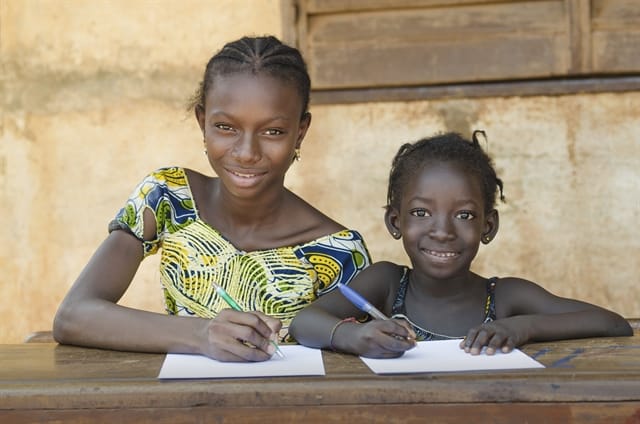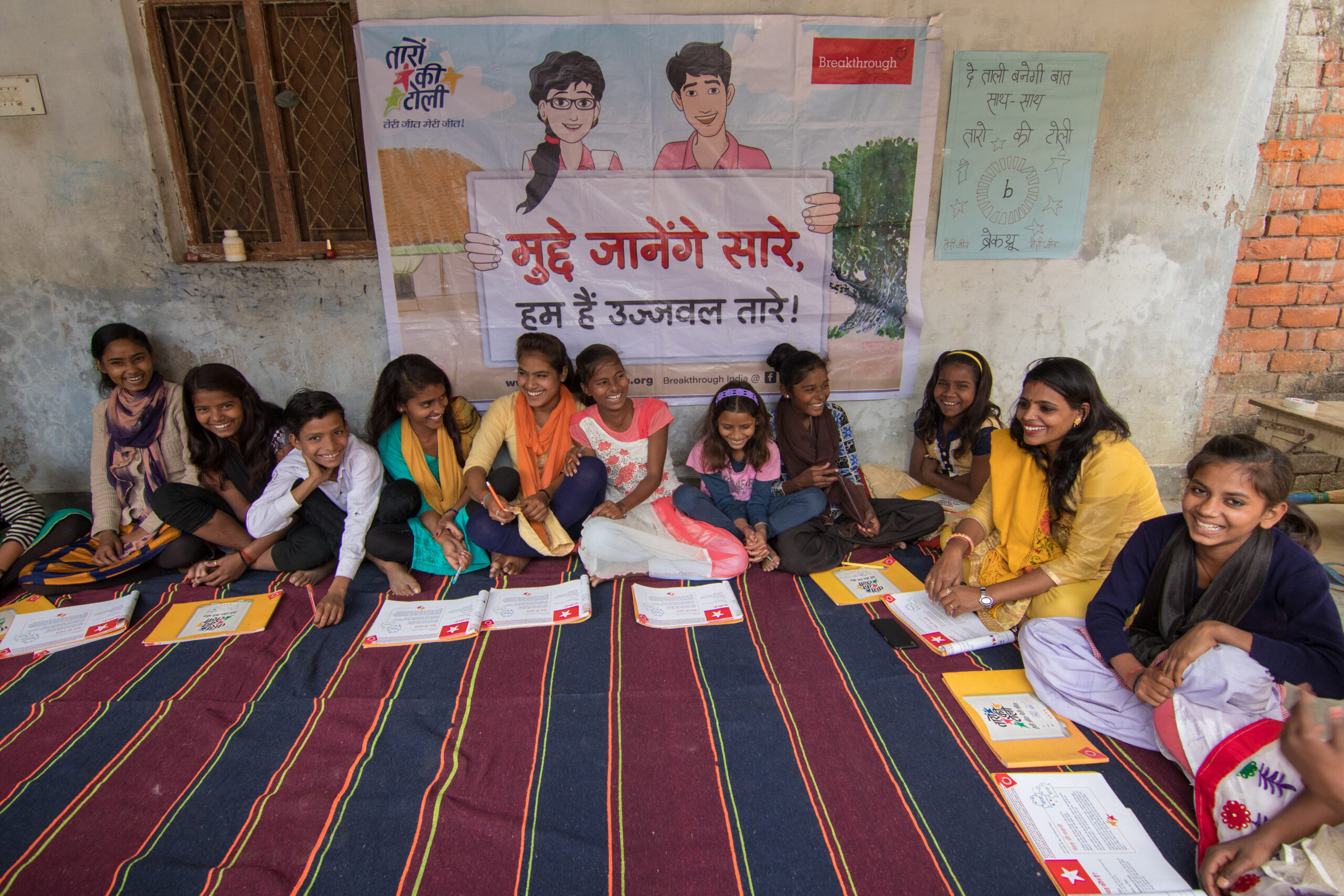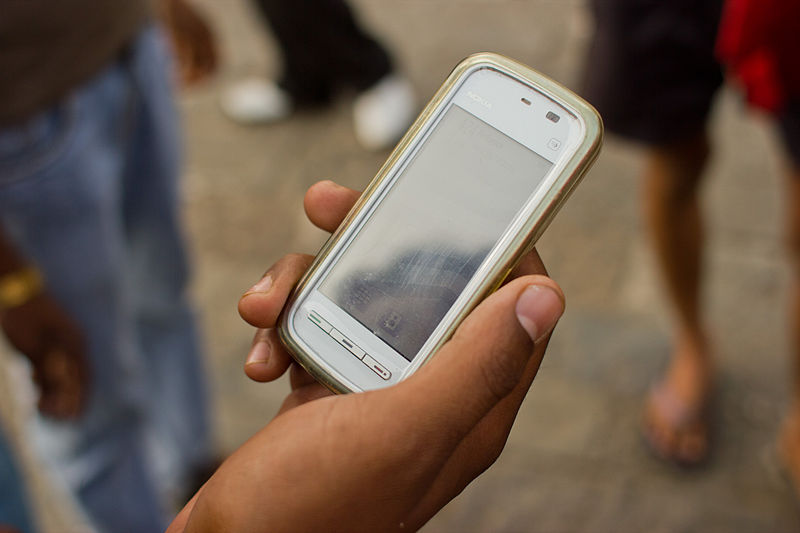In the past 20 years, the world has gotten a whole lot better for the global poor. What’s more, it’s gotten especially better for women and girls. According to this year’s UN Millennium Development Goals report, women and girls now have access to more education, economic opportunities, and political power than ever before in human history. Here’s a quick recap of what the 2015 report found:
Education
- Girls’ school enrollment is on the rise. In two-thirds of the developing world, girls now outnumber boys in school enrollment.
Women’s health
- More mothers now have access to quality maternal care. From 1990 to 2013, maternal deaths declined by 45 percent—from 380 maternal deaths per 100,000 live births to 210 deaths.
- More women and girls are empowered to plan the families that they want through increased access to contraception. In 1990, only 55 percent of women ages 15 to 49 who wanted to plan their pregnancies had access to birth control. Today that number is 64 percent.
Economic and political equality
- Outside of agriculture, women now make up 41 percent of the global paid workforce. Back in 1990, that number was just 35 percent.
- In the past 20 years, women have fought for and earned political representation in 90 percent of countries that track election data.
Why the fight for women and girls isn’t over yet
Despite monumental leaps in gender equality, women and girls are still disproportionately affected by extreme poverty. Here’s where we still fall short:
- Women and girls are still more likely to live in poverty than their male counterparts. This is true in 54 percent of countries that track data.
- In the developing world, the likelihood that a woman will die in childbirth is 14 times higher than in the developed world. In 2013, 289,000 women died in childbirth—that’s an astonishing 800 who die each day from childbirth complications that have mostly been eliminated in the developed world.
- In 2015, 12 percent of married or partnered women who wanted to avoid pregnancy did not have access to birth control and related health care services.
- Globally, women still earn 24 percent less than men, and are more likely to be unemployed, underemployed, or excluded from the workforce than their male counterparts.
How you can help
Women and girls are better off now than ever before, but there’s still work to be done to make this world a safer, healthier, and fairer place for all of us. How can you help? These highly effective charities have a proven track record in helping women and girls who live in the world’s poorest communities:
- Living Goods helps women set up and run their own micro-franchises. Women business owners travel door-to-door to sell contraception, malaria nets, medicines, and hygiene products—and keep 15 percent of the profits for themselves. In addition to growing their own economic capital, these women bring vital medical and health goods to communities that wouldn't otherwise have access to these supplies.
- By 2020, Population Services International projects that 120 million women and girls will have gained access to contraception through PSI’s family planning services.
- Since 2009, Fistula Foundation has performed more than 14,000 free fistula repair surgeries. These surgeries reverse devastating injuries sustained from difficult childbirth or violent sexual assault.
- To date, Oxfam has provided 32,000 gender-specific emergency care kits to women affected by the 2015 Nepal earthquake. These kits include sanitary supplies and help keep displaced women safe and healthy.
Learn more about how you can empower women and girls around the world by visiting The Life You Can Save's recommended charities.



